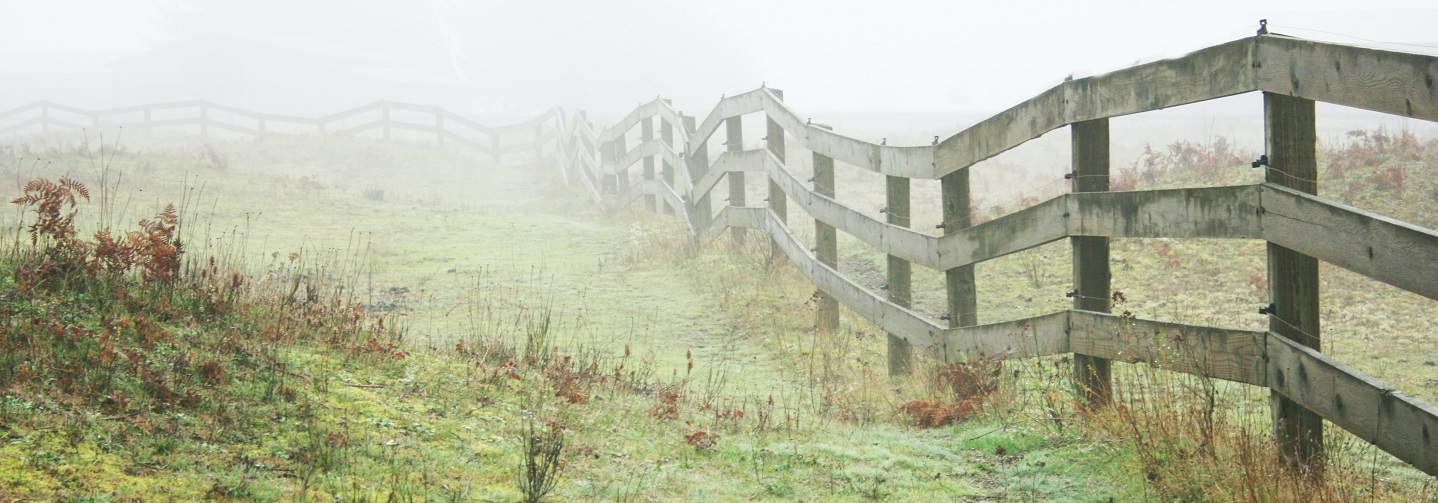By David Miron, Clergy and Congregation Care Coordinator
“Will you give me a drink?” (John 4:7-NIV)
With this simple request, a man and a woman begin a life-giving conversation that touches the depths of the woman’s heart. And when you look deeper, the exchange provides powerful insights on healthy boundaries.
What are boundaries?
At a basic level, boundaries indicate an end and a beginning — where one thing stops and another begins.
For example, the physical boundary between your yard and your neighbor’s marks your and your neighbor’s areas of responsibility. Or take the double yellow lines on our highways that provide a boundary to help us safely navigate traveling together.
Beyond these tangible boundaries, our interactions with others also often include physical and emotional boundaries that reveal the dynamics of our relationships.
The deeper calling of boundaries
As the late Frank Stalfa said so well, boundaries are “a discussion of the places the various threads of our lives intersect individually and collectively, and how we deal with the intersections in life-giving ways.”
Stalfa added that discussing boundaries is a way to explore how to maintain your sense of self without damaging or encroaching on someone else’s sense of self.
Another way to define these thoughts would be: Love one another. In fact, many passages of the Bible point us toward this love by focusing on, both explicitly and implicitly, the two greatest commandments as Jesus defined them: Love God, and love one another.
This is where the deeper calling comes in.
Outside of establishing surface-level boundaries, there is a calling to let love be the arbiter of our actions and boundaries.
And therein lies a paradox.
When boundaries divide
Boundaries can provide structure to our lives. They can help us honor one another. When boundaries are violated, injury, pain and even death can occur.
But boundaries can also divide us.
And when divisive boundaries are not violated, injury, pain and even death can also occur; think of, for example, skin color boundaries.
This paradox means love can simultaneously mean both honoring and crossing boundaries.
Let’s return to the passage in the Gospel of John, chapter 4.
Starting in verse 7, the writer shares the story of a Jewish rabbi — Jesus — who asks the help of a Samaritan woman. In the simple request for a drink, Jesus “violated” or crossed two significant divisive boundaries.
First, he, a man, spoke to a woman in public. Second, he, a Jew, spoke to a Samaritan. Furthermore, in the ensuing conversation Jesus crosses yet another boundary — one of personal privacy — by speaking about the details of the woman’s “private” life.
Embracing the paradox of boundaries
Jesus understood truly healthy boundaries are not only about keeping a set of rules. There is a deeper calling that requires us to pay attention to the various places our lives intersect with others and how to best navigate those intersections. And then you must know when to honor the boundaries and when it may be life-giving to cross a boundary.
So how do you know when to honor a boundary or when to cross it? Answering these two questions can help:
- Will the action I am contemplating be life-giving for this person?
- Will this action encroach on another’s sense of self?
Boundaries and community
Healthy boundaries are a calling to see and accept the responsibility we have to promote life-giving interactions with others and in community. Observing how a particular community, such as a church, navigates the places their lives intersect reveals a great deal about the true values and beliefs of that community.
That’s the reason we at Samaritan are passionate about our Intersections program, which provides facilitated conversations on boundaries for leadership groups, congregations, and clergy groups, and can meet denominational requirements.
Healthy boundaries are life-giving, and they lead to healthy individuals and healthy communities, which is the heart of our mission here at Samaritan.
Have questions about our Intersections program? Explore our brochure here or reach out to Clergy & Congregation Care Coordinator David Miron at 717-560-1949 or dmiron@scclanc.org for more information.

